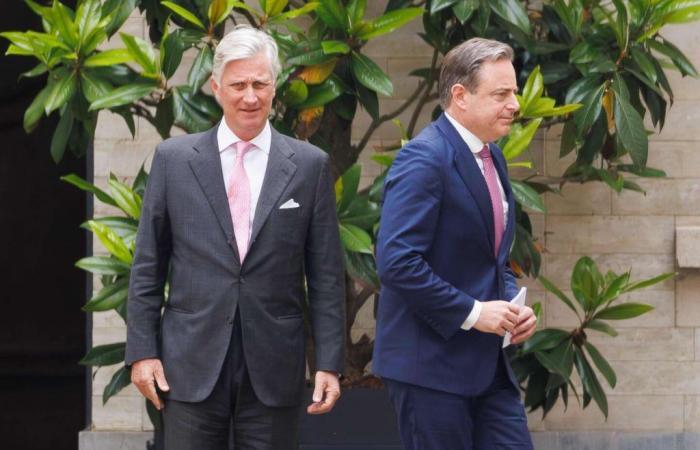LETTER FROM BENELUX
It looks like an electoral magic trick. While, on Sunday June 9, Flanders witnessed, astonished, the unexpected, but short, victory of nationalist conservatives over the xenophobic and separatist extreme right during federal and regional elections – the same day as the European elections – , Wallonia voted for the center and the right. Never seen before and enough, from Monday June 10, to push the powerful Socialist Party (PS) of Paul Magnette – he offered his resignation to his office, which refused it – to indicate that he would confine himself to the opposition for the next five years, at all levels of power.
Surprise, always, when, less than forty-eight hours after the elections, the two French-speaking winners, the Reform Movement (MR), liberal, and Les Engagés, centrist, announced the conclusion of an agreement with a view to the formation of a regional government in Wallonia. In a country still marked by the famous crisis of 2010-2011, when it took 541 days to form a federal coalition – a record in contemporary European history – the event could only make the headlines.
It is especially in Flanders that the Walloon tectonic movement stunned public opinion, commentators and politicians: they noted, in fact, the collapse of the entire French-speaking left: the PS lost 6 of its 22 federal deputies, the ecologists only retain 4 out of 13 and the communists of the Belgian Labor Party have deceived all the polling institutes by regressing (8 seats, or – 2 seats), while they were predicted a triumph. The radical left party only believed in its victory for a few minutes on Sunday afternoon when a television channel announced it. It was an error, due to an encoding problem made by decidedly poor pollsters.
Bart De Wever, leader of the Neo-Flemish Alliance (N-VA), the man who has been hammering home for years the idea that “two democracies” Belgians were too different to live together for long, he too was surprised by the results of the election in Wallonia. “It’s very surprising, almost unbelievable. This is a new reality”, he explained. Indeed, the establishment, in Namur, the political capital of the region, of a right-wing government is all the more surprising for him since in Flanders his own party will have to ally with the Christian Democrats (centrists) but also the socialists of Vooruit, who will have to be convinced to accept a budgetary austerity plan.
You have 55.42% of this article left to read. The rest is reserved for subscribers.







